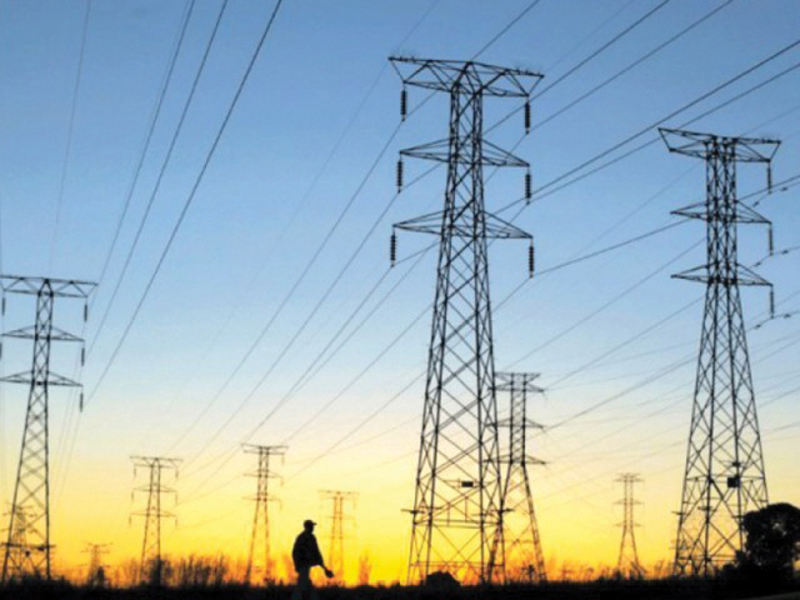
The collection will be made through the utility bills to be dispatched to consumers in October.
Earlier, the National Electric Power Regulatory Authority (Nepra) had asked the power utility to pay back Rs53.27 million to the consumers on the same account.
However, the regulator changed its decision after the utility submitted a review petition, arguing that it had generated more electricity than the accounted one.
Pakistan anticipates surplus electricity in mid-2018
The additional collection will be the outcome of an increase of Rs0.05 per unit in power tariff for May 2016. K-Electric had asked for an increase of Rs0.14 per unit.
In its latest decision, the regulator observed that K-Electric had generated 135.49 gigawatt-hours (GWh) of energy from units three and four at Port Qasim, which had been excluded from the generation licence of K-Electric.
Nepra had given licence for the two units to K-Energy from K-Electric on March 13, 2015 for their conversion into imported/local coal.
The utility, however, said in the review petition that the two units would remain part of their generation system till they were switched to coal.
“These units will be excluded from its generation licence on the commercial operation date (COD) after the coal conversion project,” K-Electric explained to Nepra in the review petition.
It submitted that the issue of whether the units would be switched to coal or would again be included in K-Electric’s generation licence would be confirmed in the next six months.
The regulator noted that the coal conversion plan had not been executed, which was the reason for the exclusion of units from K-Electric and grant of licence to K-Energy.
“It was desired by the authority that the downtime of units should be minimum during their conversion into coal.”
K-Electric to increase tariff by Rs0.36 per unit
Discontinuing the operation of these units was not in favour of K-Electric’s consumers, particularly keeping in view the existing demand and supply gap, it said.
Thus, Nepra said claims of K-Electric for fuel variation in respect of the energy produced from the units should be allowed.
“However, the authority does not agree with the submission of K-Electric that units are considered part of K-Electric licence till the achievement of COD on coal,” Nepra said.
Published in The Express Tribune, October 4th, 2016.
Like Business on Facebook, follow @TribuneBiz on Twitter to stay informed and join in the conversation.

















COMMENTS
Comments are moderated and generally will be posted if they are on-topic and not abusive.
For more information, please see our Comments FAQ